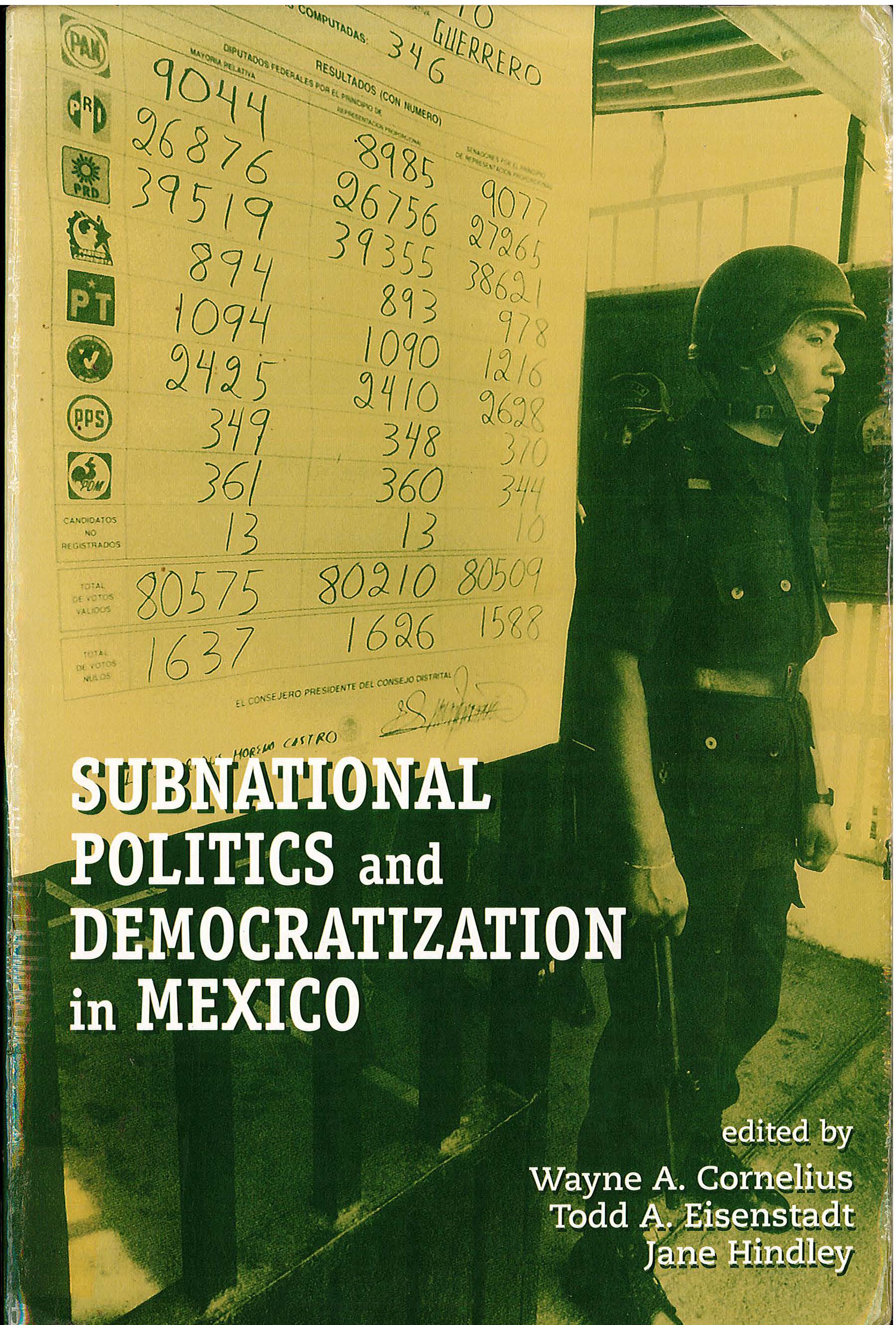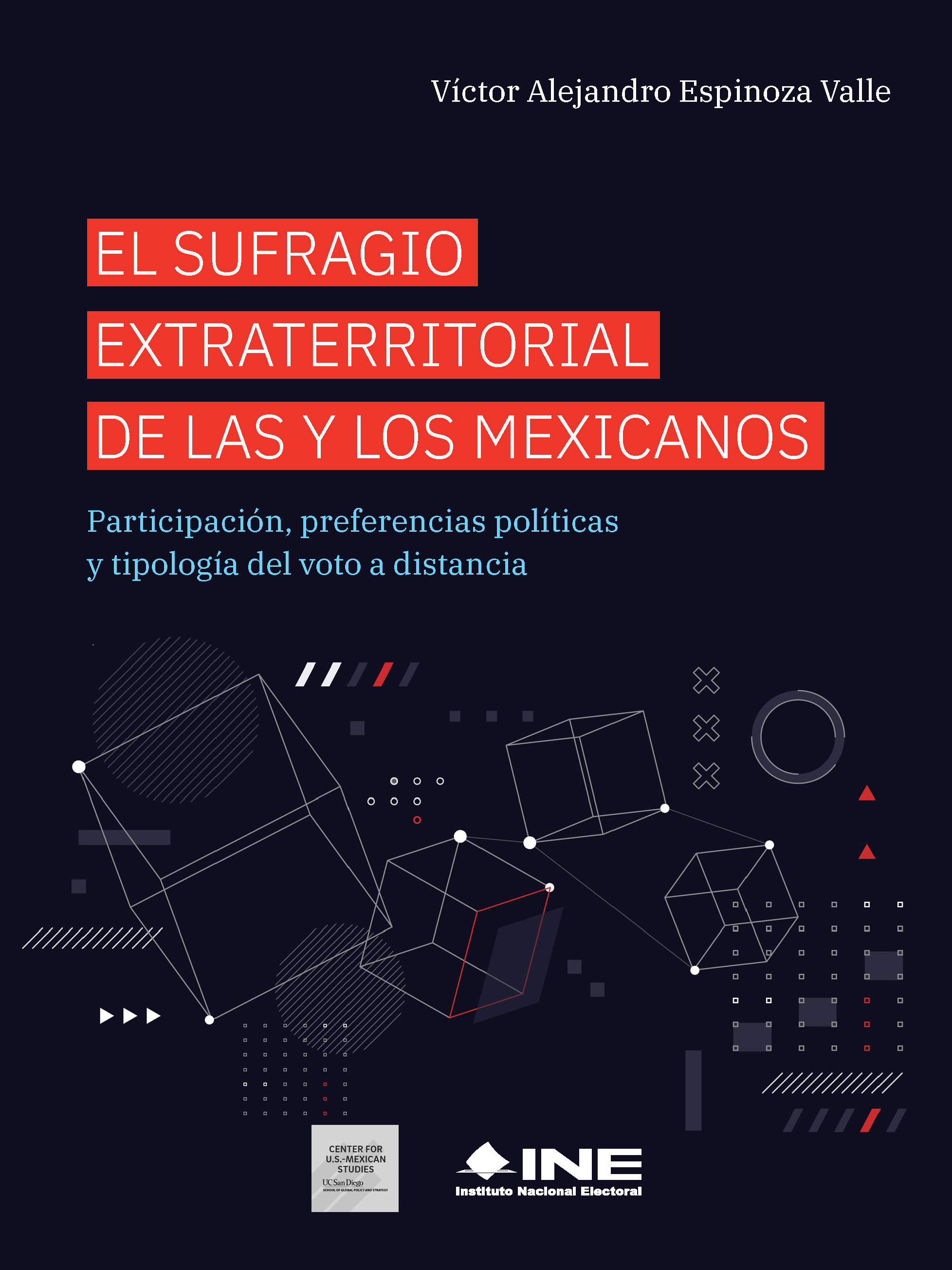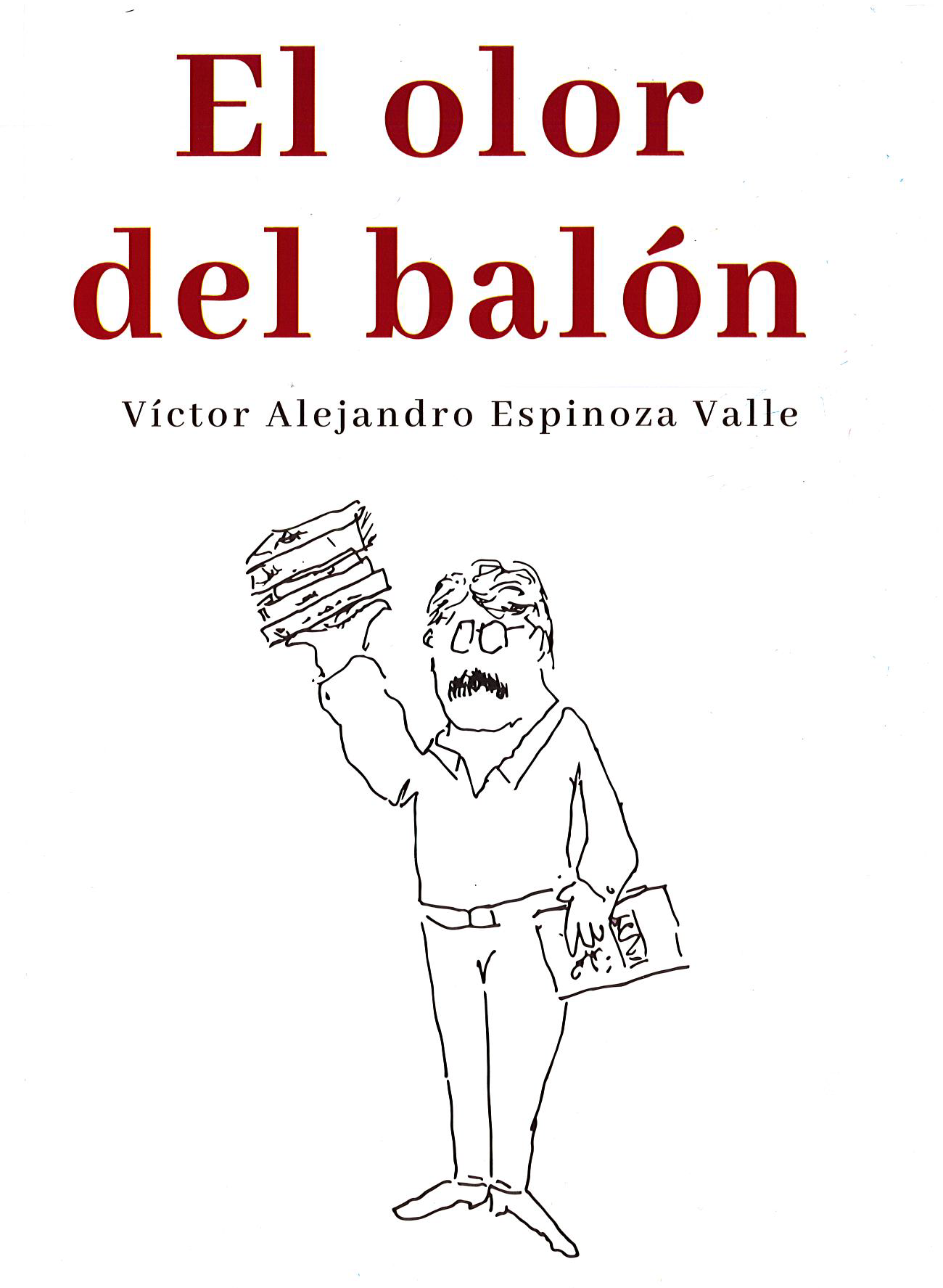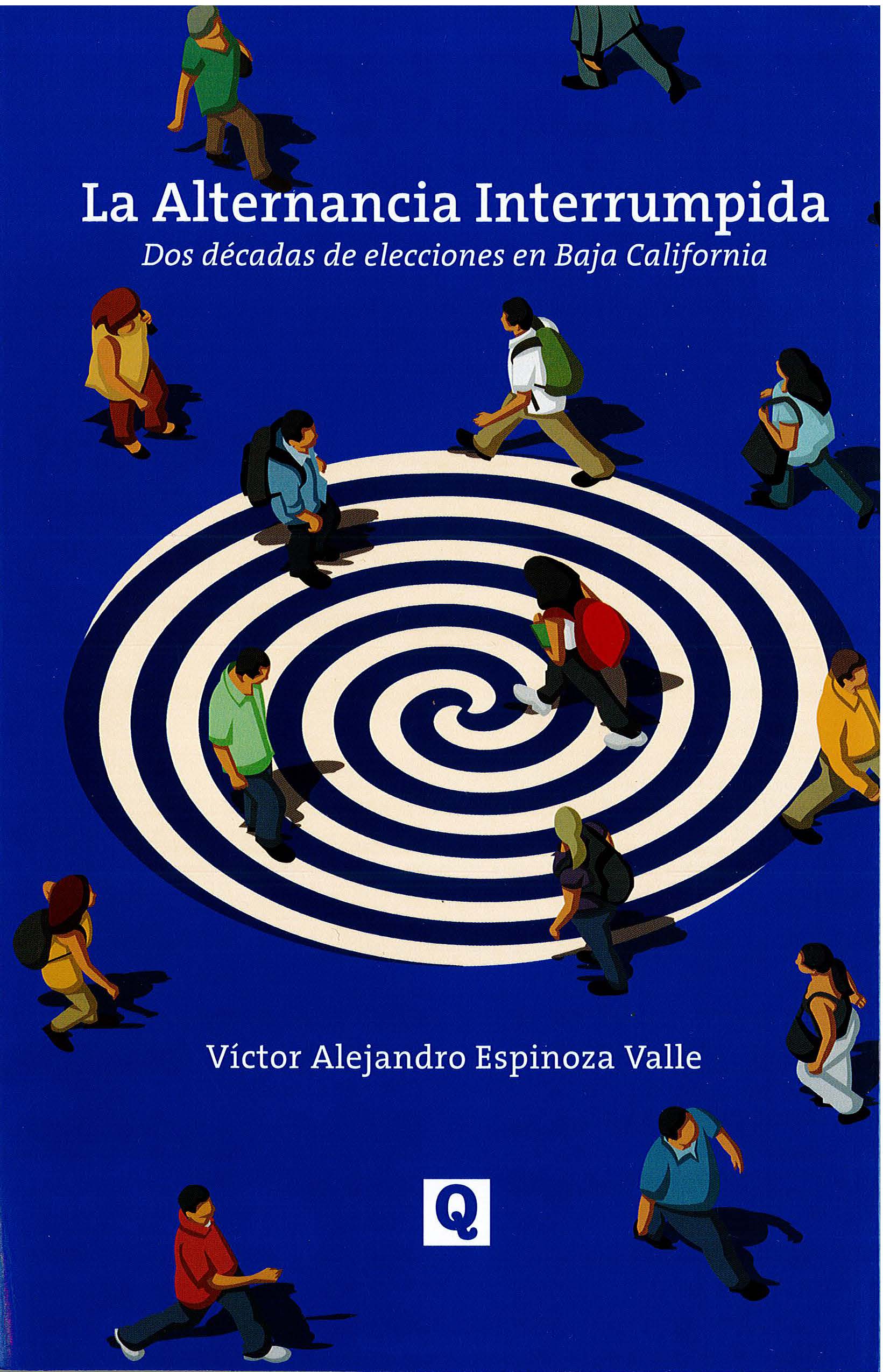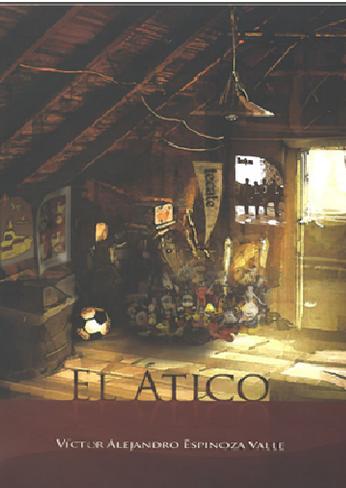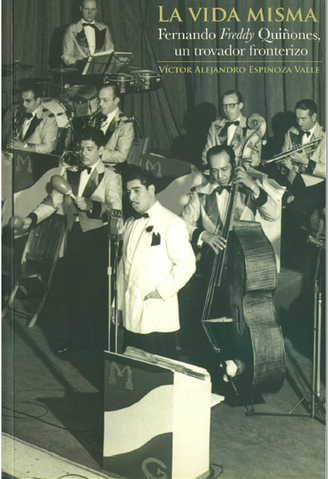ALTERNATION AND POLITICAL LIBERATION: THE PAN IN BAJA CALIFORNIA
In 1994 and 1995, the Mexican political system underwent a dramatic crisis that for many observers signaled the end of the regime. Like all political crises, this one was characterized by the regime’s inability to satisfy social demands using existing strategies . What differentiated it from past crises was that the administration’s efforts to employ new strategies of “political opening” served only to undermine the corporatist pillars on which the governing structure was based. The outcome was increasing uncertainty about the future configuration of state-society relations and the means for arriving at new political agreements.
Uncertainty is a defining characteristic of all political liberalization processes. Political lib eralization in Mexico dates from the political opening that occurred during the administration of President Luis Echeverría (1970-1976) in response to the democratic student movement of 1968. 1 In the late 1980s and 1990s, political opening expanded to include recognition by Mexico’s ruling Institutional Revolutionary Party (PRI) of opposition-party electoral victories in races for municipal
government posts and state governorships. But these advances in formal democracy have proved insufficient. Liberalization has not brought about the dismantling of Mexican authoritarianism. In fact, it appears that liberalization may stop shrot of sustantive democratization. Whether the Mexican political rergime democratizes of remains authontarian will depend this dilemma of the executive possibly descentrlizing his on her way out of power forms the focus of this cfapter.


